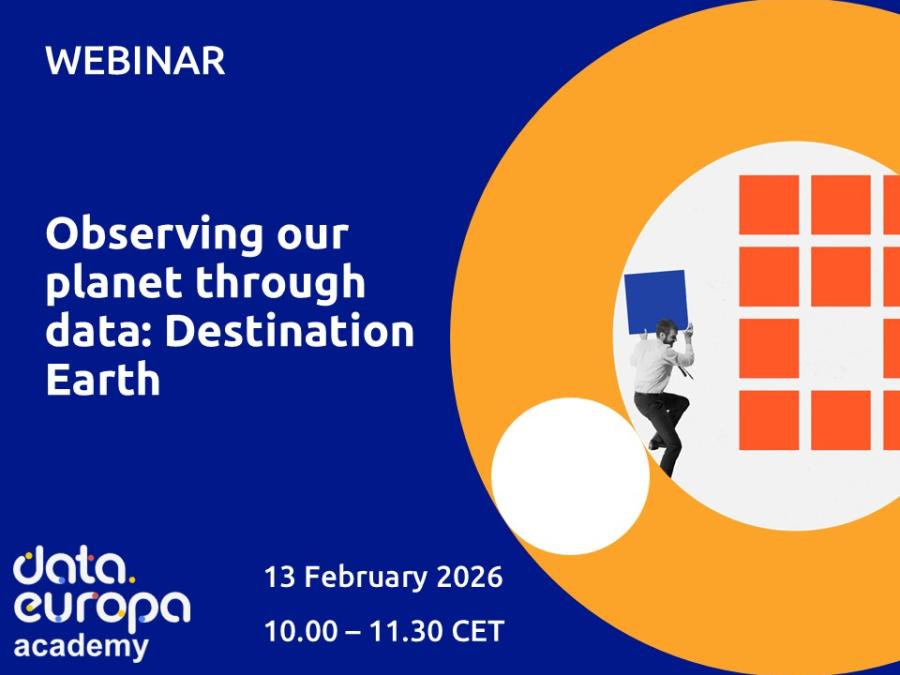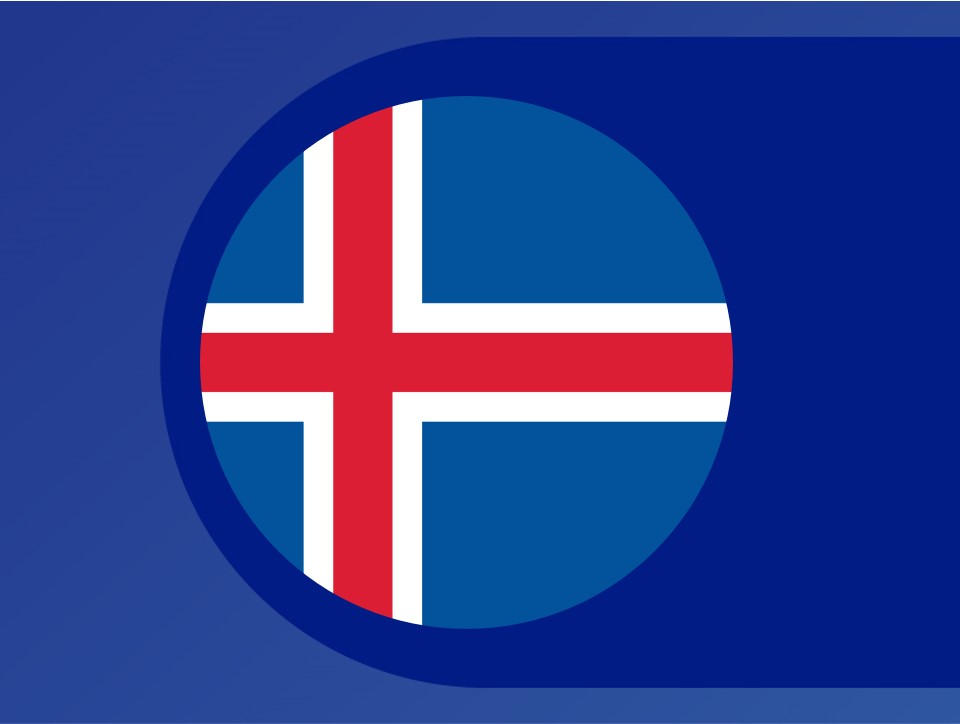Islandia
Blogi z kraju: Islandia
Aktualnie brak artykułów na blogu
Use cases in: Islandia
Iceland Aurora Alert is an application that allows the user to monitor and learn more about Northern Lights activities. Coloured areas on the orbit tells the user the likelihood that Northern Lights can be detected on the sky. Users can set alerts if aurora activity is expected in a specific area, and can share the alerts with others.
Iceland Aurora Alert is an application that allows the user to monitor and learn more about Northern Lights activities. Coloured areas on the orbit tells the user the likelihood that Northern Lights can be detected on the sky. Users can set alerts if aurora activity is expected in a specific area, and can share the alerts with others.
Website providing mapped information about the quality of lambs on farms in Iceland.
Sprawozdania w kraju: Islandia

Wydarzenia dotyczące otwartych danych w kraju: Islandia

Aktualnie brak nadchodzących wydarzeń
Open Data News in: Islandia







